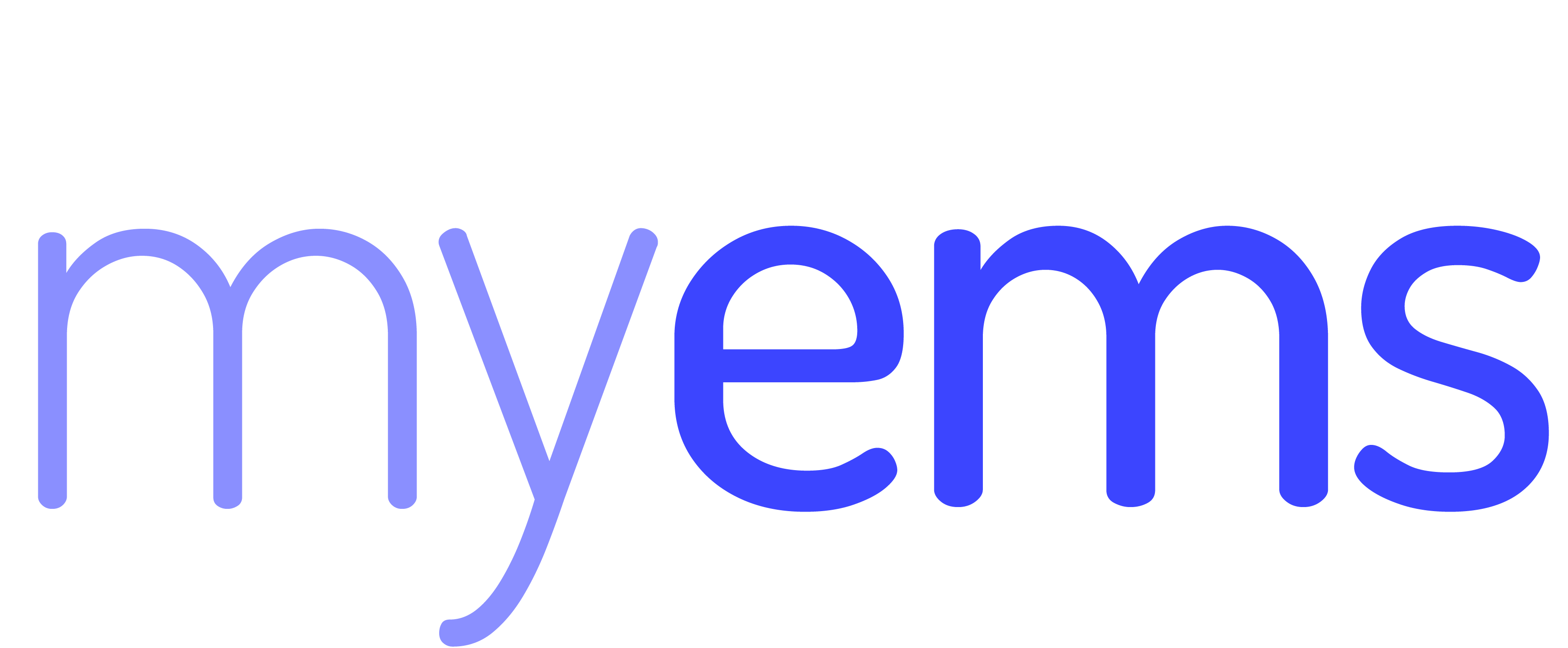Employee relations issues rarely emerge suddenly. Often, small signs like a dismissive comment, unclear communication, or a minor disagreement creep in over time and slowly disrupt your work environment. If these early warning signals go unchecked, they can eventually lead to bigger conflicts and significant costs. In this post, we explain why it’s so important to catch these red flags early and show how a proactive, data-based approach can make all the difference. We’ll also explain how MyEMS helps HR teams step in before small issues grow into major problems.
Understanding Psychosocial Hazards
Psychosocial hazards are risks that come from the way work is organised and the everyday interactions between people. They include:
- Work Demands & Control: When workloads are too heavy or roles are unclear, stress can build up among employees.
- Interpersonal Factors: Behaviours such as incivility, poor communication, or even subtle bullying can hurt team dynamics if not addressed.
- Environmental Influences: Poor support systems and inconsistent management practices can leave employees feeling undervalued.
Even when these issues seem small, their gradual build-up can create a toxic culture that saps morale and lowers productivity.
The Limitations of Manual Reporting
Many organisations still rely on methods like annual surveys or exit interviews to flag HR issues, but these tools often capture problems long after they’ve started. Consider these challenges:
- Delayed Detection: By the time surveys highlight issues like low engagement or high turnover, the problematic behaviours have already taken root.
- Fragmented Information: When data is scattered across emails, spreadsheets, or paper records, it’s hard for HR teams to get a full, accurate picture.
- Reactive Responses: Without real-time insights, HR teams are forced to deal with issues only when they escalate into major disputes.
As a result, many organisations find themselves constantly trying to catch up rather than preventing problems before they begin.
Why Early Intervention Matters
Tackling issues as soon as they appear has clear advantages:
- Prevent Escalation: Addressing minor issues early stops them from turning into major disputes.
- Reduce Risk: Early fixes lower the chances of legal or operational disruptions.
- Improve Workplace Culture: When employees see that even small concerns are managed promptly, they feel more valued and secure.
By catching problems in their early stages, HR teams free up valuable time and resources to focus on strategic goals rather than continuous crisis management.
How MyEMS Drives Early, Proactive Intervention
MyEMS is built to help HR teams move from a reactive mode to a proactive one. Here’s how our platform makes a difference:
- Guided Workflows: A clear, step-by-step process is designed to promote consistent and fair handling of every case.
- Centralised Documentation: All case-related data is stored in one secure, intuitive platform, eliminating the chaos of scattered records.
- Real‑Time Insights: Interactive dashboards offer immediate visibility into emerging trends so that potential issues can be spotted and managed early.
- Configurable Modules: Flexible add‑on tools allow you to tailor the system to meet your organisation’s needs, addressing every aspect of case management.
These features allow HR teams to quickly detect and address issues, saving time, reducing risks, and maintaining a healthy workplace.
Early intervention in managing psychosocial hazards is crucial to keeping your workplace safe and productive. Instead of waiting for small issues to turn into costly disputes, a proactive approach lets you act swiftly, lowering risks and preserving a positive work culture. Tools like MyEMS provide the structure and real‑time insights necessary to stay ahead of problems, enabling your HR team to focus on what really matters—building a thriving, respectful workplace.


